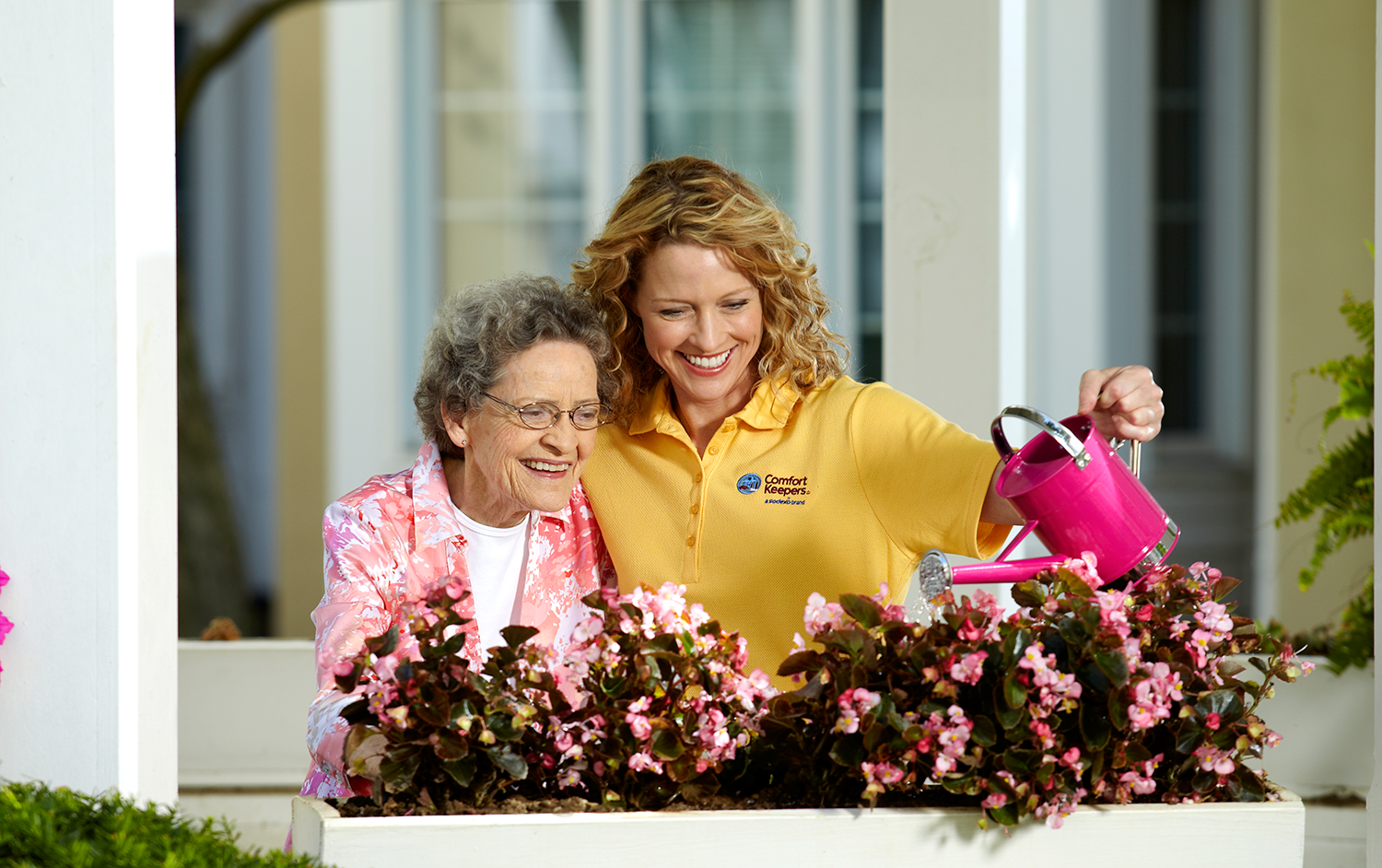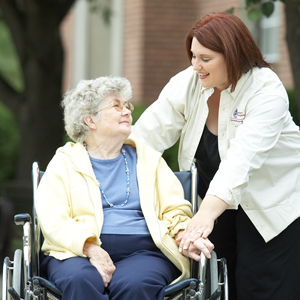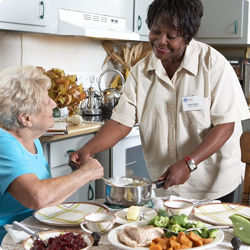A Neuroscientist’s tips for helping the brain age well
Blog | January 15, 2020
A Neuroscientist’s tips for helping the brain age well | Daniel Levitin’s new book examines how to maintain your cognitive health at age 20 or 80.
CBC’s Radio – The Current.
https://www.cbc.ca/radio/thecurrent/the-current-for-jan-13-2020-1.5424683/a-neuroscientist-s-tips-for-helping-the-brain-age-well-1.5425549Photo: (Nerthuz/Shutterstock)
A Neuroscientist’s tips for helping the brain age well:
Levitin says it’s more important to think about ‘health span — the length of time a person is healthy for — than lifespan.
As a neuroscientist, Daniel Levitin found himself stumped by something: why is it that some people in their 90s maintain all their mental sharpness, while others find their cognitive abilities start to dull in their 50s and 60s?
“That’s a puzzle — you know, why are some people doing better than others?” Levitin, author of This Is Your Brain on Music and The Organized Mind, told The Current’s host Matt Galloway.
His own parents, still working and thriving in their late 80s, also wanted to know what they could do to keep their mental capacities strong. But Levitin, a professor emeritus of psychology and neuroscience at McGill University, couldn’t find any books on the topic to recommend to them.
So he decided to write one himself, called Successful Aging: A Neuroscientist Explores the Power and Potential of Our Lives.
According to the Alzheimer Society of Canada, 564,000 Canadians are living with Alzheimer’s today, and the organization projects that number will reach 937,000 within 15 years.
Here are some of Levitin’s tips for people hoping to help their brains age well, whether they’re in their 20s or their 80s.
Neuroscientist’s tips for helping the brain age well:
1. Walking on wild trails more important than hitting the gym.
Aerobic exercise has clear benefits for heart health, and some studies have found that it’s good for cognitive health as well.
But Levitin said it’s not nearly as important for the brain as simple outdoor activities that require people to use their powers of navigation.
He recalled a hike he took in a Quebec public park last summer. Since the dirt trail had lots of tangled roots on it, he had to watch where he was going and be careful not to trip.
This casual walk in the woods, he realized, was exercising his hippocampus, the part of the brain that plays a key role in memory formation, particularly spatial memory and navigation.
“[The hippocampus] didn’t evolve to remember the lyrics to songs. Your memory evolved … to remember where you are in space,” he said.
“Standing on a treadmill doesn’t do that.”
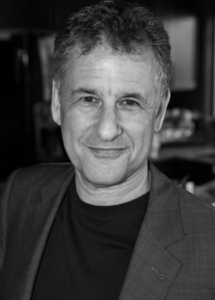
Daniel Levitin is a professor emeritus of psychology and neuroscience at McGill University, and author of This Is Your Brain on Music and The Organized Mind. (Submitted by Penguin Random House)
2. Light bulbs, ice cream and lunch.
When it comes to planning for quality of life in old age, Levitin recommends people ask themselves and their aging family members three simple questions posed by Joseph F. Coughlin, director of MIT’s Agelab:
- Who will change my light bulbs? Meaning, who can do the chores around the house that become difficult or dangerous as we age? Who can you call for help? If you need to pay someone to do those tasks, how much will that cost, and what services are readily available to you?
- What if I want an ice cream cone? As people’s social circles shrink in old age, Levitin said, it’s a good idea to set up their lives in a way that makes it easy to walk down the street for an ice cream, a coffee, or a trip to the local pub. That’s about leaving room for spontaneity, he said, and guarding against isolation.
- Who are you going to have lunch with? “Are you living in a place, and have you arranged your life in such a way, that you have somebody to have lunch with once or twice a week?” Levitin asked.
3. Sudoku will not save you.
Brain games like Sudoku are part of a multi-billion-dollar industry pitched as a way to fight cognitive decline. Levitin said the science doesn’t back it up.
“There’s no evidence that these brain-training games actually make you smarter or improve your memory or stave off Alzheimer’s,” he said.
“If you do Sudoku puzzles or crosswords, all that you get better at is Sudoku puzzles and crosswords.”
However, he said, those games do have mental merit for those who have never played them before, because they’re doing something new and unfamiliar.
“That oils the neural circuits; it creates new synaptic connections, and that exercise of your brain getting out of your comfort zone is very important to successful aging,” he said.
4. Pick up a new skill.
On that note, Levitin recommended people learn a new skill, especially one that scares them.
Levitin is afraid of heights, so at the age of 60 he decided to take flying lessons and get his private pilot’s license.
“I believe in science, and the science says, ‘Push back. Rage against the machine,'” he said.
“The machine in my brain was telling me: ‘Stay out of heights.'”
Levitin is also a musician, and has produced and played on records for artists ranging from Joni Mitchell to Stevie Wonder. But he had always tried to stay in the background, out of the musical spotlight.
Last week, at the age of 62, he put out the first album of his own music.
“I found the idea of being front and centre very uncomfortable,” he said. “That’s why I made the record. I made it to get out of my comfort zone.”
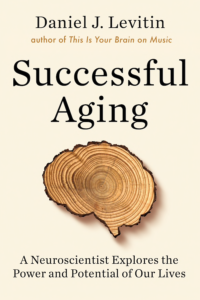
(Submitted by Penguin Random House)
Written by Allie Jaynes. Produced by Karin Marley.
Comfort Keepers® Georgian Triangle Leaders in Family Focussed Personal Health Care.
If you are concerned about the health and wellbeing of your aging loved ones we can help. Comfort Keepers®’ trained caregivers help provide senior clients with the highest quality of life possible to keep them happy and healthy at home. Our Interactive Caregiving™ provides a system of care that addresses safety, nutrition, mind, body, and activities of daily living (ADLs).
What’s more, our trained caregivers are selected with one specific quality in mind: empathy. Care that is empathetic is care that starts in the heart, and it allows us to meet our clients’ exact needs. Learn more about our unique service offering by contacting the Comfort Keepers Georgian Triangle office.
If you live in the Collingwood, Midland, Owen Sound area, contact Comfort Keepers at (705) 293-5553, or email us at georgiantriangle@comfortkeepers.ca
Comfort Keepers Georgian Triangle is here to help you and your loved ones get the best care possible.
Individualized Home Care Options
Long-Term Home Care, 24 Hour Home Care & Short Term Care Options Customized for You




